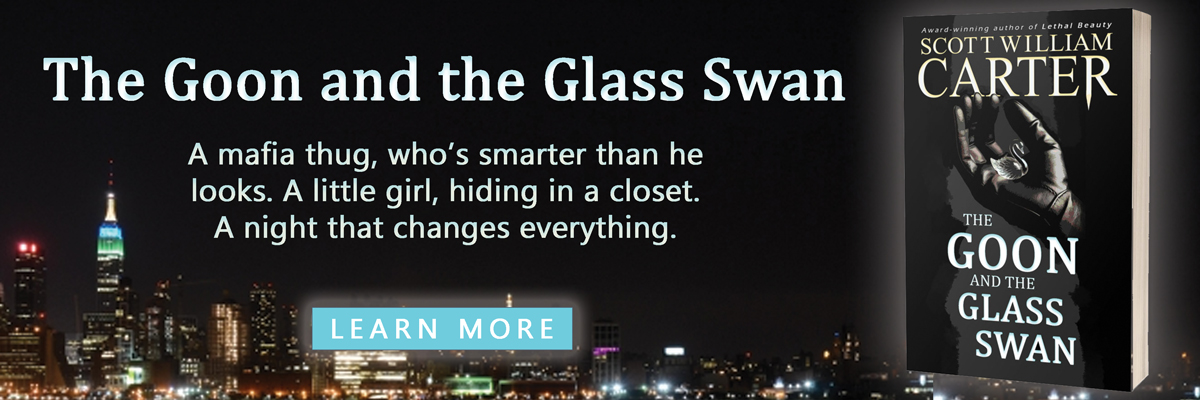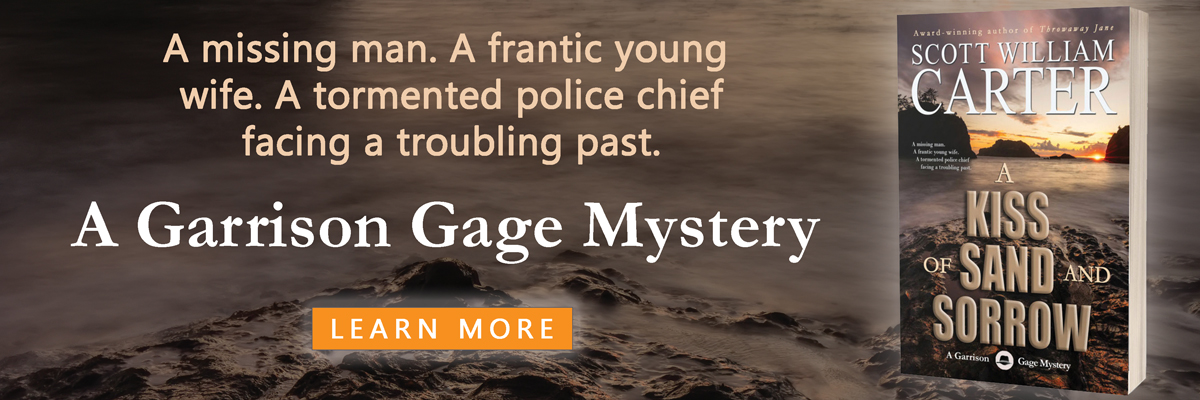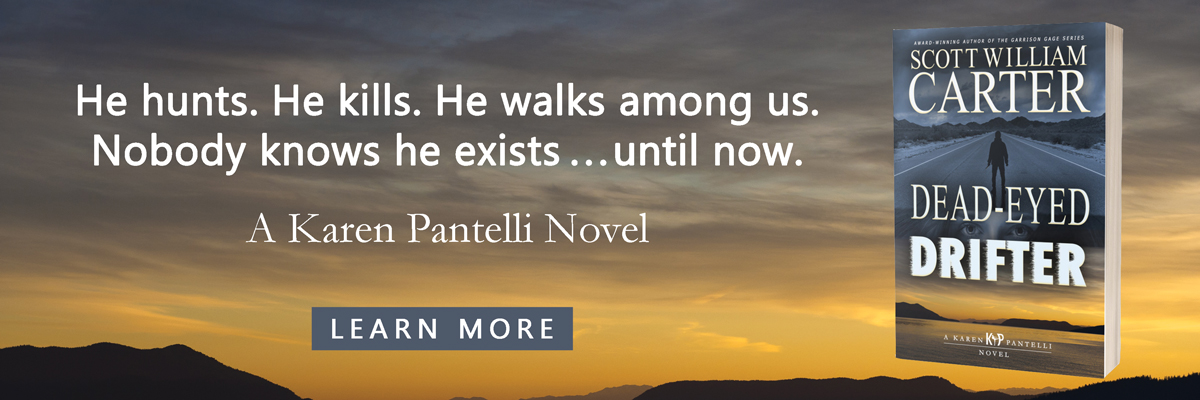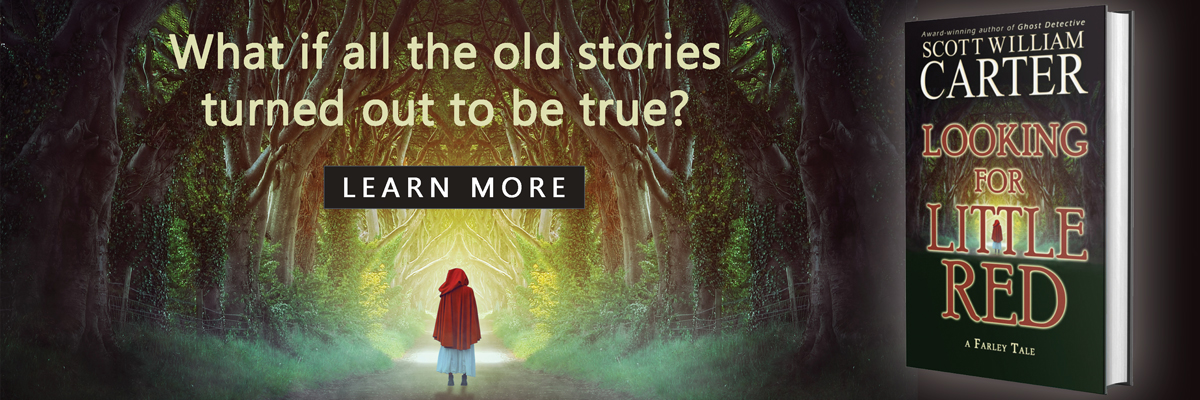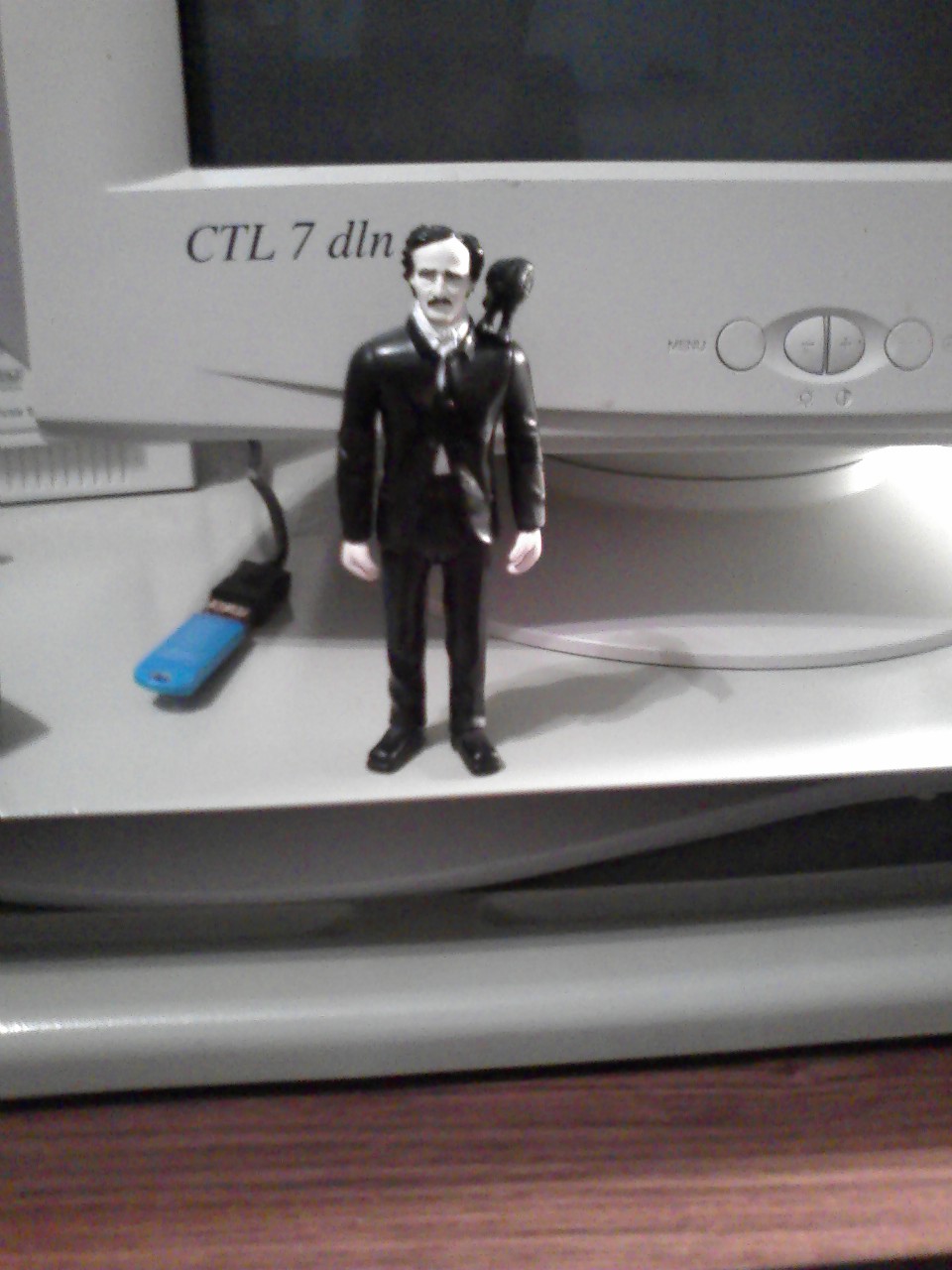- Outliers, by Malcom Gladwell. The story of success. I’ve read Gladwells other two nonfiction bestsellers, and this one was just as compelling a read. Gladwell focuses on the circumstances — both good and bad — that allow people to become extraordinarily successful. The lesson? If you understand that the “self-made man” is only a small part of the story, then you can grant more people the opportunity to become successful. However, I’m not sure I buy the author’s premise completely. There are obviously people who are granted the same opportunities and don’t do anything with them. Determination and persistance will still take you far in life.
- Nightmare in Pink, by John D. MacDonald. A young NY banker is killed and McGee goes looking; ends up falling in love with the young man’s fiance. Drugs. An experimental wing of a psychiatric ward. I’ve now read about half of the Travis McGee series (there’s twenty-two in all), and you could definitely tell this was one of the early efforts. Still, it’s always great to spend a few hours with McGee. It’s like seeing an old friend.
- Stephen King, Duma Key. A wealthy Minnesota building contractor suffers a terrible accident and loses his right arm. He soon discovers a buried talent for painting — and finds himself summoned to Duma Key, off the Florida coast. The rest is typical King, and fun — ghosts, paranormal power, etc. You always want to go along for the ride so long as the characters are good, and Edgar Fremandle is a good one. Perhaps not his best, but good. I was, however, struck with how similar the ending was to “Rita Hayworth and the Shawshank Redemption.” For a writer, all the stuff about the life of an artist was an extra bonus.
- Team of Rivals, Doris Kearns Goodwin. A great, Pulitzer-winning biography of Lincoln that focuses on his bold, judicious cabinet. It’s all the talk today because of Barack Obama’s fondness for the book and his own choice to fill his cabinet with strong opinions and strong personalities. A long book, though, and it took me months to get through as I kept getting distracted by other books. What I found so fasincating was how this little-known prairie lawyer, who was at first seen as a lightweight his other cabinet members might boss around, quickly came to command the respect, adoration, and even love of his once-time rivals for the Republican nomination.
- Rogue Moon, by Algis Budrys. A short (180 page) classic of science fiction regarding an alien “death machine” found on the dark side of the moon, a transporter that essentially duplicates a human being (which indeed plays a part), and a fascinating assemblage of characters. I’d been meaning to get to this one for a while, and I’m glad I finally did. You can see how many later works of science fiction owe a debt to Budrys.
Postcards from the Garage: My Muse
My muse is five inches tall . . . An Edgar Allan Poe action figure, complete with removable raven, sits next to my writing computer. He’s helped me from time to time with some sticky story problems. He’s also warned me about the dangers of alcoholism. (You can own your own!)
Relearning the Same Lessons
It’s funny how you have to keep relearning the same lessons. Like if you stay up late, you’ll be tired in the morning. Like making sure to check the laundry carefully before putting it in the dryer, so you don’t end up shrinking some of your wife’s clothes. Or like making sure you meet your writing quota for the day before you allow yourself to do the things you like to do for pleasure.
All right, that one might not apply to everyone, but it definitely applies to me. I’ve written about it before, but the idea of pages before play always does wonders for me. Whenever I feel my productivity slipping, I reinforce this rule — no Internet, no pleasure reading, and absolutely no television before I hit my thousand words for the day — and the ship gets righted.
In writing-related news, steady progress is being made on the new novel, the copyedits for Water Balloon Boys have been turned in, and I’m waiting for word on the two new books my agent is marketing. Ah, yes, waiting. The constant friend of the professional writer. The solution? Write so much you don’t have time to think about it.
So What About Self-Publishing?
There’s an article in the recent issue of Time magazine (available online) on the state of publishing that’s well worth a read:
http://www.time.com/time/magazine/article/0,9171,1873122-1,00.html
“Self-publishing has gone from being the last resort of the desperate and talentless to something more like out-of-town tryouts for theater or the farm system in baseball.”
For myself, I think self-publishing is losing a lot of it’s stigma. I still think it’s better to go the traditional NY publishing route if you can — established publishers are going to be much better at getting your books into the hands of readers than writers, which is, after all, what they are paid to do — but I don’t fault any writer for going this route. What I do fault people for is thinking that there is some sort of conspiracy involved if the “the gatekeepers” won’t publish your book. For most writers, if you can’t get the traditional publishers involved, it’s because A) your book isn’t good enough or B) it isn’t marketable enough. There are exceptions, and the article mentions some recent notable ones, but for the most part, traditional publishers do a pretty good job at vetting books. There’s a reason 99.9% of self-published books don’t sell more than a couple dozen copies. They just plain stink.
That’s okay. All writers stink in the beginning. The same goes for musicians, painters, comedians, and brain surgeons. Thankfully, we don’t let brain surgeons “self-publish” — meaning, get out there on the stage before they’re ready, but writers are not in the same boat. You want to publish before you’re ready, before you’ve put in your million words of practice? Fine. Let the market be the judge. You might be pleasantly surprised — that is, if you’re part of the .01%.
That said, I do think publishing is changing. I don’t see the traditional model going away (although it is adapting, using new forms of technology). But I wouldn’t be surprised if in ten years the majority of even professional fiction writers are doing a mix of traditional publishing and self-publishing. What about that book you published ten years ago that’s out of print? What about that novella that no NY publisher will touch? What about a story collection? There are lots of reasons even writers regularly being published by major publishers might self-publish.
It’s funny, in a way. Self-publishing has gotten the rap of being “vanity publishing,” because so many people go that route because they just want to see their work in print, regardless of quality. And in many ways, because it’s become so easy to do so (check out Lulu.com, for example), that’s what it’s become. But for many professional fiction writers, it seems that vanity is exactly what’s holding them back from using self-publishing as a supplement to the traditional route. Will that change? I think so. I think it already has.

